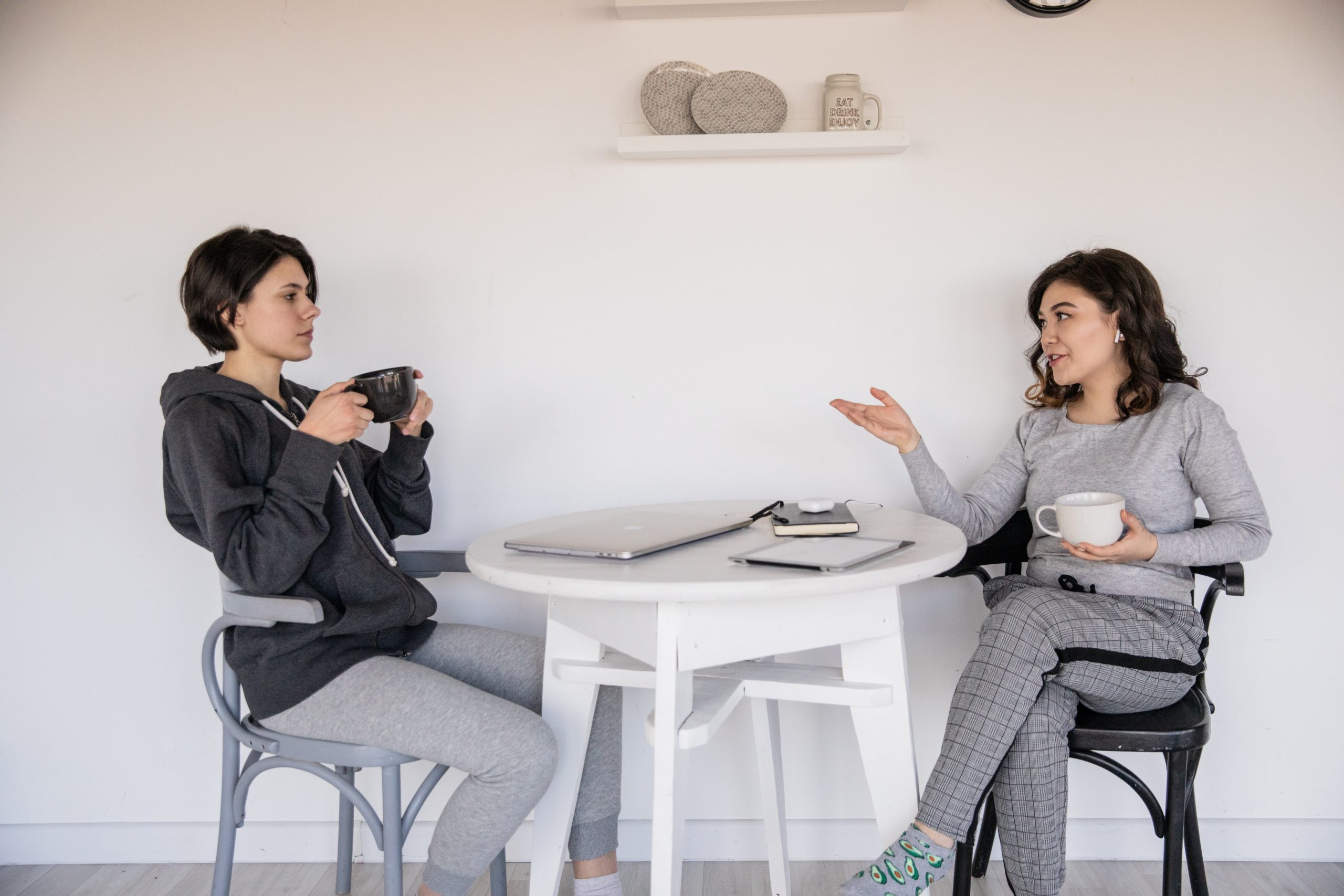The Art of Listening
A listening volunteer’s perspective on listening
There are few feelings unparalleled in frustration than the sense that we’re not being listened to.
Imagine that a friend is venting to you about something which is upsetting them. They list their troubles and the worries on their mind. Afterwards, you immediately set about giving them advice on the situation. You tell them to do this, you tell them to do that. However, you don’t realise that they were never seeking any advice, and only wanted a listening ear.
There’s certainly nothing wrong with giving a friend advice when they’re upset. However, the most important thing when a friend opens up to you is to be a good listener. As the wellspring of empathy and understanding, listening enables us to form meaningful relationships and connections with those we seek to communicate with.

"When actively listening, we focus on the other person’s words and feelings, rather than what we’re going to say next"
To be a good listener is to really pay attention to what the other person is saying. At Nightline we use a form of listening called active listening. This involves unalloyed attention to what a caller is telling us with a view to helping them explore their feelings and come to their own conclusions. When actively listening, we focus on the other person’s words and feelings, rather than what we’re going to say next. The aim is to create a space for our callers to open up about their feelings.
Active listening is a skill that can be applied more broadly to everyday conversations. Here are a few more aspects:
Empathy: Empathy is the ability to mutually experience what someone else feels. This involves imagining yourself in their situation and attempting to see things how they are seeing them, rather than as you would see them.
Non-judgementality: It is important to suspend judgement towards what the other person is telling us, regardless of our own personal feelings towards the situation. This is because it affords them the respect and understanding to speak openly about their feelings.

"Comprehending what the other person is saying to us is a key facet of active listening"

Comprehension: You don’t have to immediately respond to what the other person is saying to you. Comprehending what the other person is saying to us is a key facet of active listening. Allow the other person time to finish speaking, then provide a considered response.
Non-verbal cues: Nonverbal cues, like subtle nodding and maintaining eye contact, let the speaker know that we’re following along and are invested in what they are saying.
“Attention is the rarest and purest form of generosity” the philosopher Simone Weil memorably expressed. Active listening allows us to afford others this generosity. By truly paying attention to those we seek to communicate with, we can find connections which are both deeper and more meaningful.
How you can train your active listening skills
Editor’s Note: I can’t let this post end without shoe-horning in yet another cheeky plug for Nightline. Whilst we have no upcoming training intake, you can contact us to demonstrate interest in training with us ahead of time, so we know to contact you when the time comes for us to train another intake. You can find out how to do this here.
That said, you don’t have to train with us to pick up on some of our knowledge. We occasionally post mental health tips on resources on Twitter, Facebook and Instagram.
In the end, though, practice makes perfect. You might not perfect all of these skills on your first try using them – in fact, you probably won’t, and that’s okay. However, if you pay heed to the tips laid out in this post, you’ll definitely be on your way to becoming a more skilled and more active listener.



